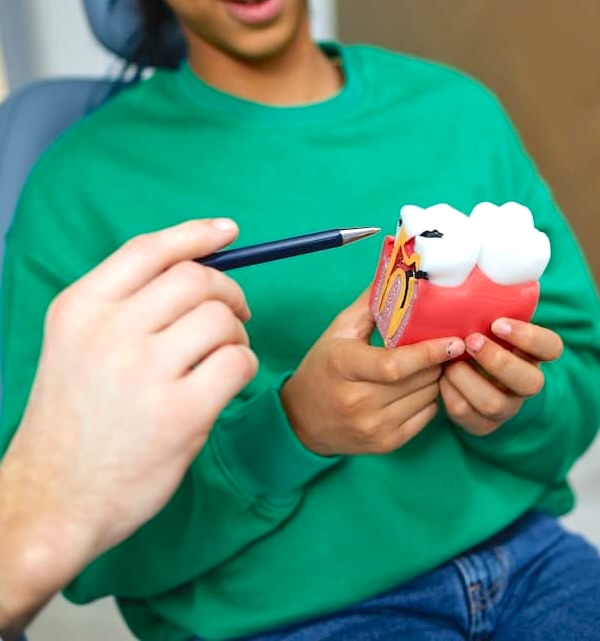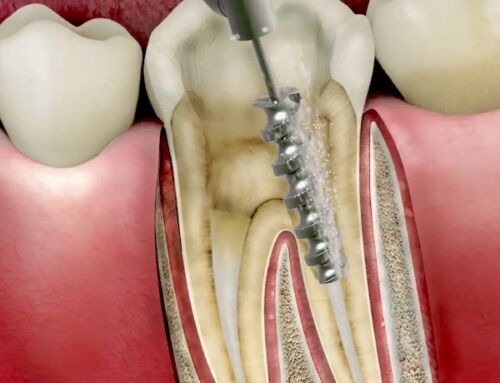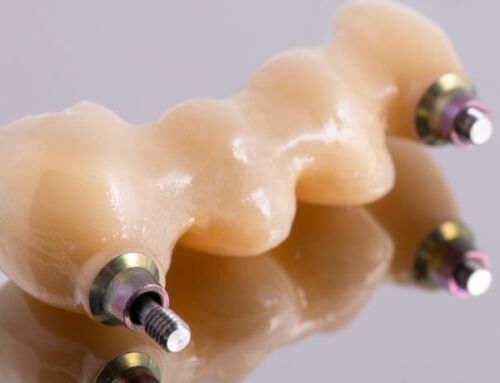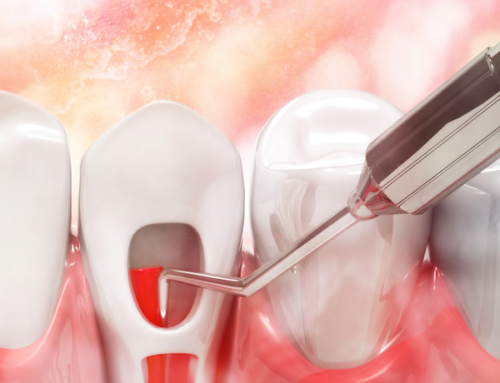Wisdom teeth, or the third molars, are the last of your teeth to come out. They emerge in your late teens or early twenties. The reason why they are called wisdom teeth is because they come out when you have a bit more “wisdom”. However, contrary to their name, most wisdom teeth can be quite problematic.
For many people, wisdom teeth can cause complications like teeth misalignment, impaction, tooth decay, or infections. This is usually caused by the lack of space in the jaw to accommodate them. Eventually, they will need removal to prevent further problems.
Whether due to pain or as a preventative measure, wisdom teeth extraction is a common dental procedure. This read will walk you through the healing process after getting your wisdom teeth removed, what to expect during post-extraction recovery, tips for a smooth healing process, and a general timeline for when you can anticipate feeling fully healed.
Understanding Wisdom Teeth Extraction
There are several reasons why your dentist may recommend a wisdom tooth removal. They often include:
- Impaction: When the tooth does not entirely emerge from the gum due to lack of space. A wisdom tooth can be partially or fully impacted depending on the level of gum or bone coverage.
- Infection: A partially impacted wisdom tooth is prone to trap food and bacteria, leading to painful infections.
- Tooth Decay: Trapped food will eventually cause problems on the wisdom tooth and even the tooth adjacent to it.
- Tooth Crowding: Diagonally angled third molars can push against the neighbouring teeth, causing alignment issues.
- Cysts or Tumors: Cyst formation may occur with untreated infections involving a problematic wisdom tooth.
Not all wisdom tooth extractions are the same. Simple wisdom tooth extractions can occur with a fully erupted tooth. However, if you have an impacted wisdom tooth, some gum and bone must be removed for easy extraction. This can directly impact recovery wherein simple extractions heal faster than surgical extractions.
Typical Healing Timeline
The wisdom teeth healing time is generally divided into different stages, each with its own set of expectations and aftercare guidelines to promote better and faster healing. Here’s a breakdown of these stages and what to anticipate:
Immediately After (24 – 48 Hours)
- Mild to moderate pain, minor bleeding, and discomfort when talking and eating are normal during the first couple of days.
- Take your prescribed medications to enhance your comfort as you heal.
- Use ice packs applied directly over the affected area for 10-15 minutes at a time to minimize swelling.
- Stick to a liquid and soft diet like yogurt and smoothies. Do not use straws as this can dislodge the clot over the wound and cause a complication called dry socket.
- Rest. Avoid strenuous activities.
Early Recovery (Days 3 – 7)
- The swelling should gradually reduce and pain should improve. Pain medications can still be taken, but less frequently.
- Gently brush your teeth and maintain good oral hygiene, but avoid the extraction site for the time being.
- Use a warm saltwater rinse to disinfect the wound and remove food debris stuck under the gums.
- Most people can return to light activities or work, but be cautious with tiring exercises and heavy lifting.
- You may be asked to return to the dentist’s office after a week to remove any remaining stitches.
Midterm Recovery (Weeks 1 – 2)
- At this time, the gum tissue should have mostly healed. But, it should still feel tender as the bone underneath continues to recover.
- You can gradually reintroduce solids to your diet. However, it is still best to avoid particularly hard or crunchy foods.
- Keep an eye for any signs of infection as you continue with your healing process.
Complete Healing (Weeks 3 and Beyond)
- Most patients should already feel close to fully recovered. Any lingering soreness should be minimal to none.
- You will likely be able to resume your regular activities.
- A follow-up visit may be recommended to ensure that the extraction site has healed properly.
Factors Affecting Healing Time
While the average healing time for wisdom teeth removal is around one to two weeks, several factors can influence your recovery time and experience, such as:
- Age – Younger patients often heal more quickly than adults due to faster regeneration rate.
- Complexity of extraction – Simple tooth extractions have a shorter recovery period than complicated surgical tooth removal.
- Post-surgical care – Following your dentist’s aftercare instructions plays a major role in preventing complications to ensure faster healing. Some key factors during recovery include rest, proper oral hygiene, diet, and appropriate pain management.
- Health conditions – A weakened immune system may slow down the healing process. This can be due to existing medical conditions such as diabetes or clotting diseases.
Complications After Wisdom Teeth Extraction
Though the majority of people heal without issues, complications can still arise. Knowing the signs of these possible concerns can help you seek timely assistance and avoid further problems.
Dry socket
This occurs when the blood clot over the extraction site is dislodged, exposing the bone and nerves underneath. Some common symptoms include intense pain and foul odour.
Infection
Signs of infection after wisdom tooth removal are pain, persistent swelling, bad taste in the mouth, pus around the extraction site, and fever. Antibiotic therapy may be needed to resolve the infection.
Nerve injury
In rare cases, wisdom tooth removal can cause temporary to permanent nerve injury. Symptoms include tingling or numbness of the lips, chin, or tongue.
If you experience any of these symptoms, it is important to contact your dentist right away so they can provide management and treatment as soon as possible.
Conclusion
Healing after wisdom tooth removal is a gradual process. But with the right care, you can expect to recover within 1 – 2 weeks. Some initial discomfort and swelling can be managed with the proper aftercare. This improves not only your recovery experience, but also the outcomes of the procedure by reducing post-operative complications that may prolong healing.
If you are considering wisdom tooth removal or are currently recovering, Chinook Dental Group is here to guide you every step of the way. We are dedicated to ensuring that you undergo smooth recovery by providing you with the support you need for optimal oral health.
Book an appointment today and let us discuss more about your wisdom tooth concerns!






